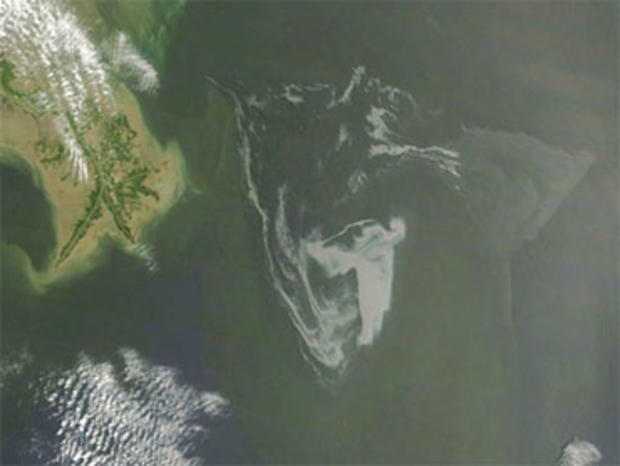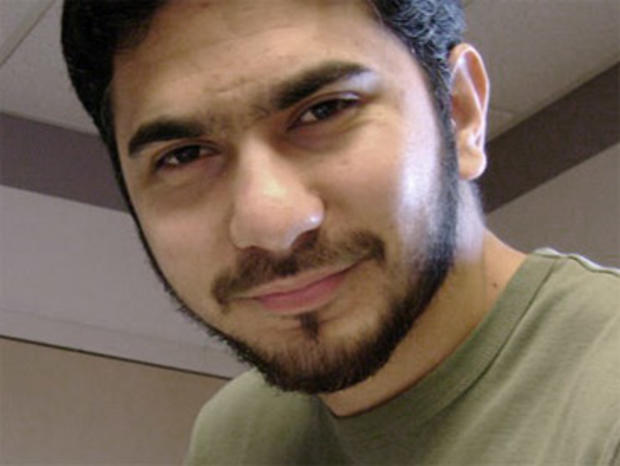Reality Check: How Much Will BP Pay, and How Did Faisal Shazad Get Through Security?
The president at first made it sound quite simple. BP has to clean up all the oil.
"BP was responsible. BP will be paying the bill," said Mr. Obama on April 30.
It also has to pay for the harm it might do. BP said it would finance the cleanup and promised to pay damages for what its CEO called "business interruption," presumably starting with the millions of dollar lost by a whole fleet of fishermen.
"What I said is what I mean," said BP CEO Tony Heyward. "All legitimate claims will be honored."
Special Section: Gulf Coast Oil Disaster
Maybe BP will pay all claims, but in a one word, Sen. Bill Nelson (D-Fla.) said, "Baloney." With damages expected in the billions, Nelson pointed out by law BP is only required to pay economic damages of $75 million. Nelson asked the CEO about the limit.
"[Heyward] said that is something we will have to work out in the future," said Nelson.
All of a sudden, it's not so simple.
The White House began scrambling, hoping lawmakers will find a way raise liability to $10 billion.
"Our administration will work with Congress, Democrats and Republicans, to change that cap," said Press Secretary Robert Gibbs.
It wasn't even the biggest change of the week. Thanks to suspected Times Square bomber Faisal Shazad, we now know the No Fly list is the "no instant alarm" list. Shazad had been on the No Fly list for seven hours and still bought a ticket and still cleared security.
Sen. Barbara Mikulski (D-Md.) said the "TSA should have gone on red alert."
Congress is already asking why. If computers can instantly screen workers at the office, can reject a stolen credit card in seconds and raise the alerts that put innocent travelers through extra airport security -- including U.S. senators -- how could Shazad have been on that plane while also on the list of the most feared travelers?
Attorney General Eric Holder said, "There are things that we need to calibrate...in a different way."
Special Section: Terrorism in the U.S.
It turns out the airlines were only required to update the No Fly list every 24 hours.
Agents finally captured Shazad by catching his name on the final passenger manifest. In that sense the No Fly system worked, but the same officials who claimed success then ordered the airlines to update the No Fly every two hours, closing the time gap that Shazad slipped through.
Read about oil spill liability in the Oil Pollution Act of 1990.
Read about the Oil Spill Trust Fund.
Wyatt Andrews is a CBS News correspondent.


